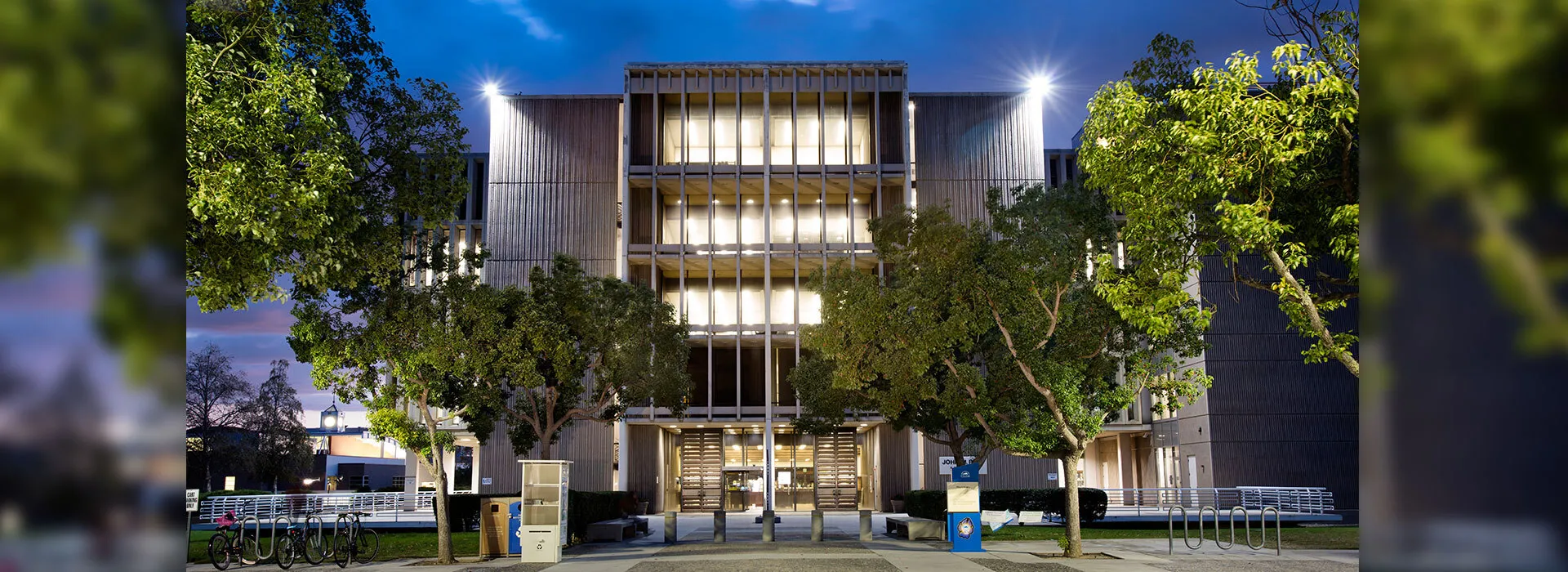
American mainstream media has framed the Syrian War as an extension of the “war on terror,” assigning causes for the war to ISIS or the Bashar al-Assad regime.
But on Thursday, Nov. 3, from 6-8 p.m., an expert panel on the Syrian War will discuss other factors that have contributed to the dire situation and human suffering in that region.
“The War in Syria and the US Role in the Region” event is sponsored by the Center for Islamic and Middle Eastern Studies, the University Diversity Committee, the communication studies department and the Muslim Students Association. The free panel discussion will take place in the CSUSB Santos Manuel Student Union Events Center. Parking at CSUSB is $6 per vehicle.
The role of various ethnic and religious groups and the aspirations of different countries attempting to shape Syria's future and be a dominant power in the region may also be major factors. The panel discussion will offer a critical analysis of the complex crisis in Syria and the many parties involved in creating and maintaining that crisis, including the United States.
Panelist As’ad Abukhalil, of Stanislaus State, has written and lectured on Middle East affairs and was a former visiting scholar at UC Berkeley. He’s the author of the Historical Dictionary of Lebanon (1998), “Bin Laden, Islam & America's New War on Terrorism' (2002), and “The Battle for Saudi Arabia” (2004). He maintains a blog, “The Angry Arab News Service.”
A second panelist, Ibrahim Al-Marashi, is an associate professor of Middle East history at California State University, San Marcos. He was a former visiting scholar at the Annenberg School for Communication at the University of Pennsylvania in 2007. With his doctorate in modern history from the University of Oxford, he completed a thesis on the Iraqi invasion of Kuwait. His research focuses on 20th century Iraqi and Syrian history, and he is the co-author of “Iraq’s Armed Forces: An Analytical History” (Routledge, 2008), and “The Modern History of Iraq,” with Phebe Marr (Westview 2016).
For more information, call the Office of Strategic Communication at (909) 537-5007.